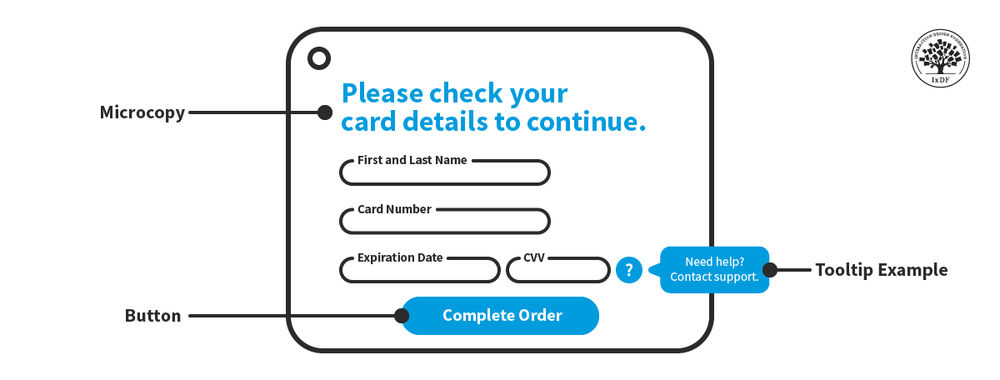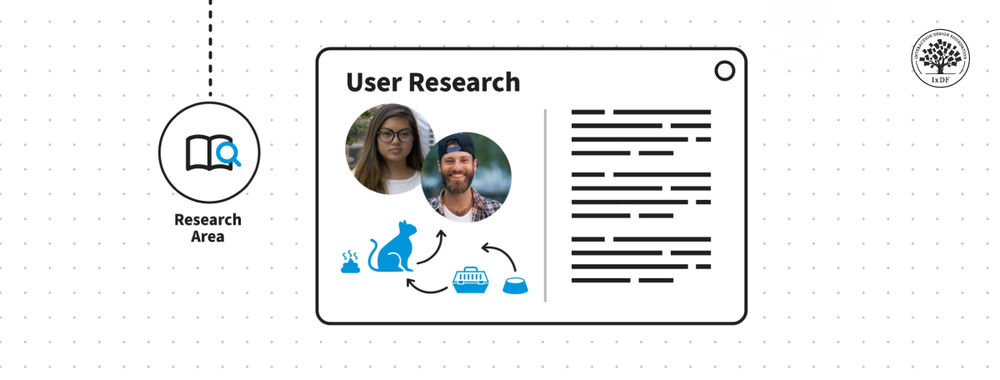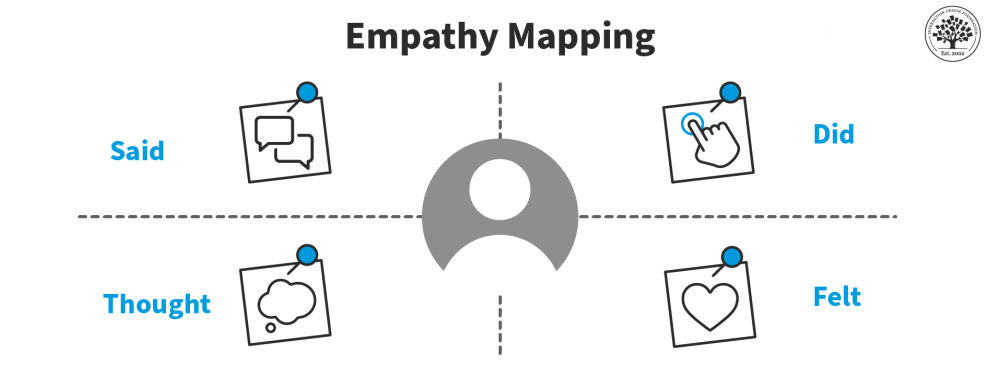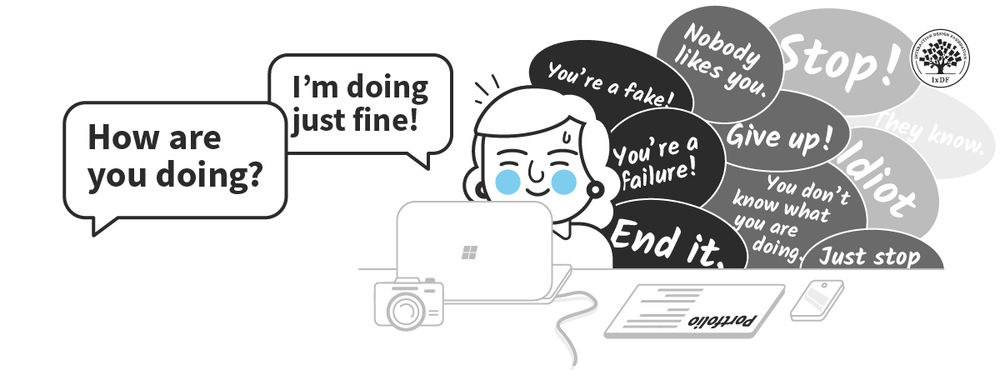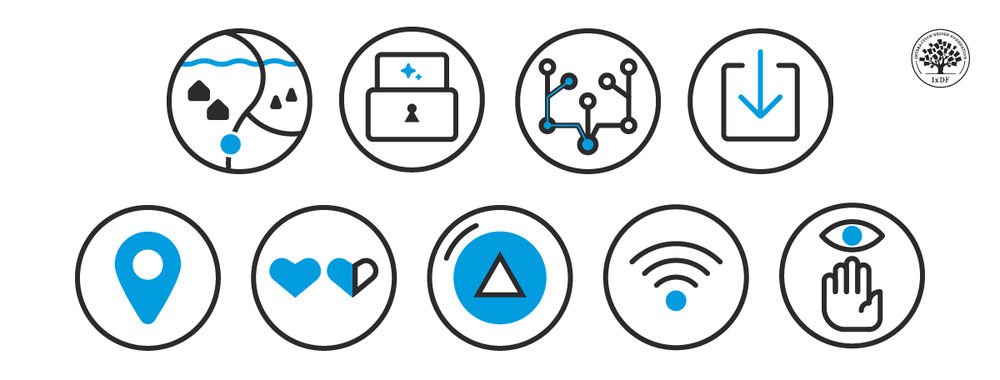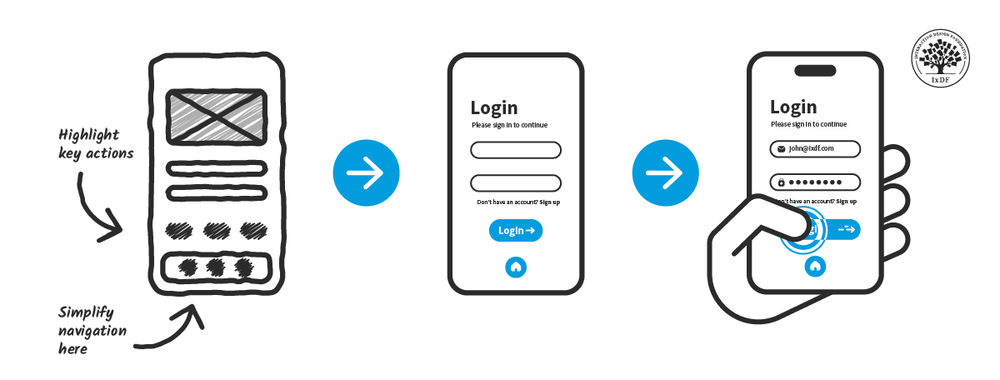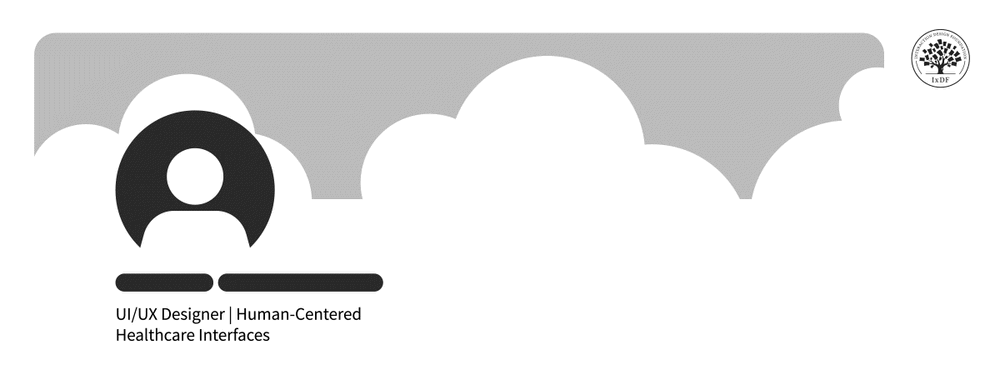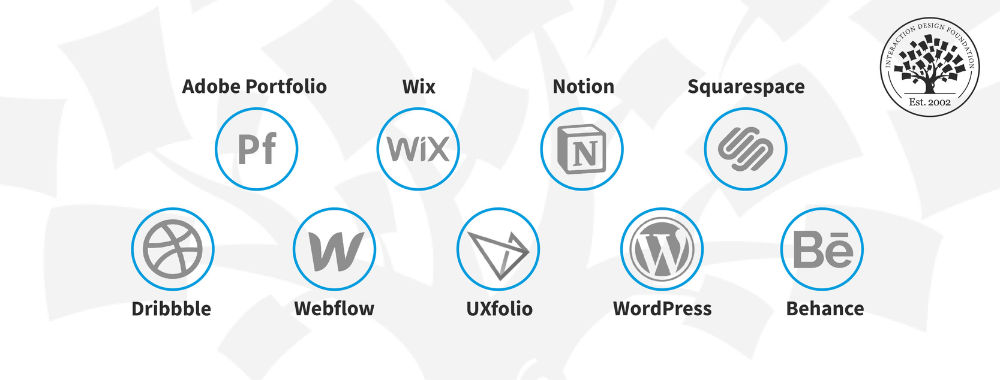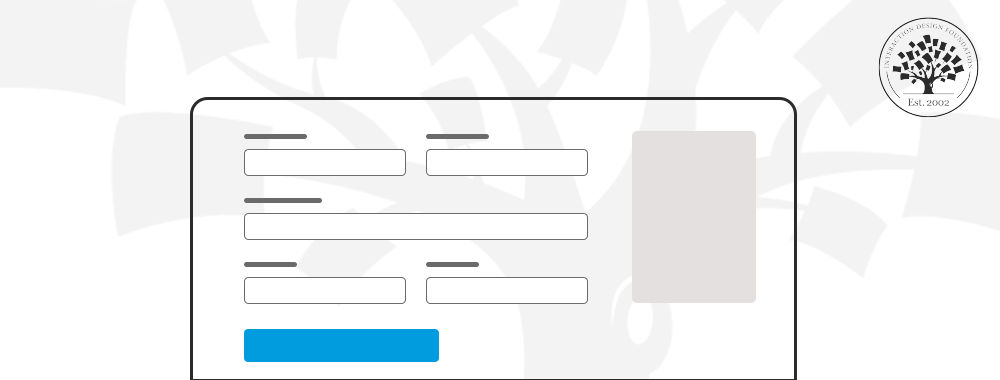There’s a certain sleight of hand that goes on every day from some of the world’s biggest retailers. This is done, in the name of profit of course. Those companies know what makes us tick and they play to that in order to driver sales through their online properties. But is their behaviour OK?
The Case of Short Supply
It’s common on Amazon and many other e-tailers for you to select a product to find a message something like this:
“We only have 3 of these items in stock; order now for next day delivery!” This is, in the strictest sense of the word true, because companies like Amazon keep very low levels of stock on hand (or their warehouses would be the biggest on earth). What they neglect to mention, the lie of omission if you like, is that they have very strong arrangements with suppliers and they will restock anything (that isn’t out of print or end of line) rapidly – usually within less than 24 hours.

The social proof offered that these items are popular drives sales for Amazon – even though in reality there’s no real rush to order any item unless it’s a limited edition or a unique item.
The Cheeky Sign Up
Ever been to a website to find that at the end of the ordering process that they offer you something for free? Ever found that the small print meant that “free” only meant “free” for a single month and then you would be invoiced for the service (or just have the money taken straight from your card or bank account)?
If so, you’re not alone. While the costs are rarely hidden in these offers they are often displayed in a way to make you ignore them; the use of fonts, colours, shading, etc. can be brought to bear on an offer so that the vital details are near invisible.

This too is a common practice (though not with companies like Amazon we’re glad to say). We’re not going to name and shame but it happens. In fact, in some cases – you’ll be automatically enrolled in programs like these and forced to opt out at the end of the ordering process.
So Does Lying Improve the User Experience?
The retailers are going to argue that it does and they have millions of satisfied customers to show it. But is this behaviour right? It is it ethical? Or should there be stronger legislation to protect consumers from claims like these?

Is deception OK even in the case when the consumer benefits (and at no cost)? Or should we resist the attempts to persuade without all the information even in the cases where there’s a direct benefit to the user?
What do you think? We’d like to know. Why not tell us on our Facebook page or LinkedIn page?
Header Image: Author/Copyright holder: Unknown. Copyright terms and licence: Unknown. Img
Image Source:
Strange Notions (link to image)
Ben Bressington (link to image)
Quality Digest (link to image)
Adrienne King (link to image)


